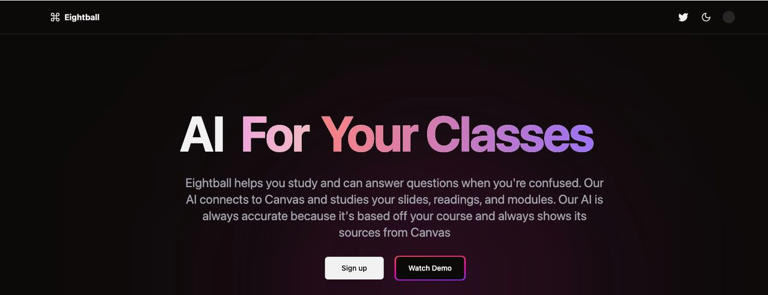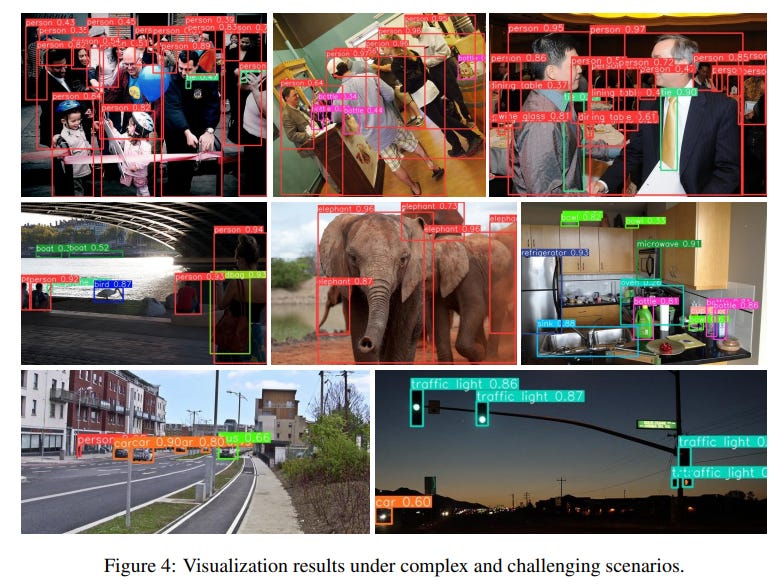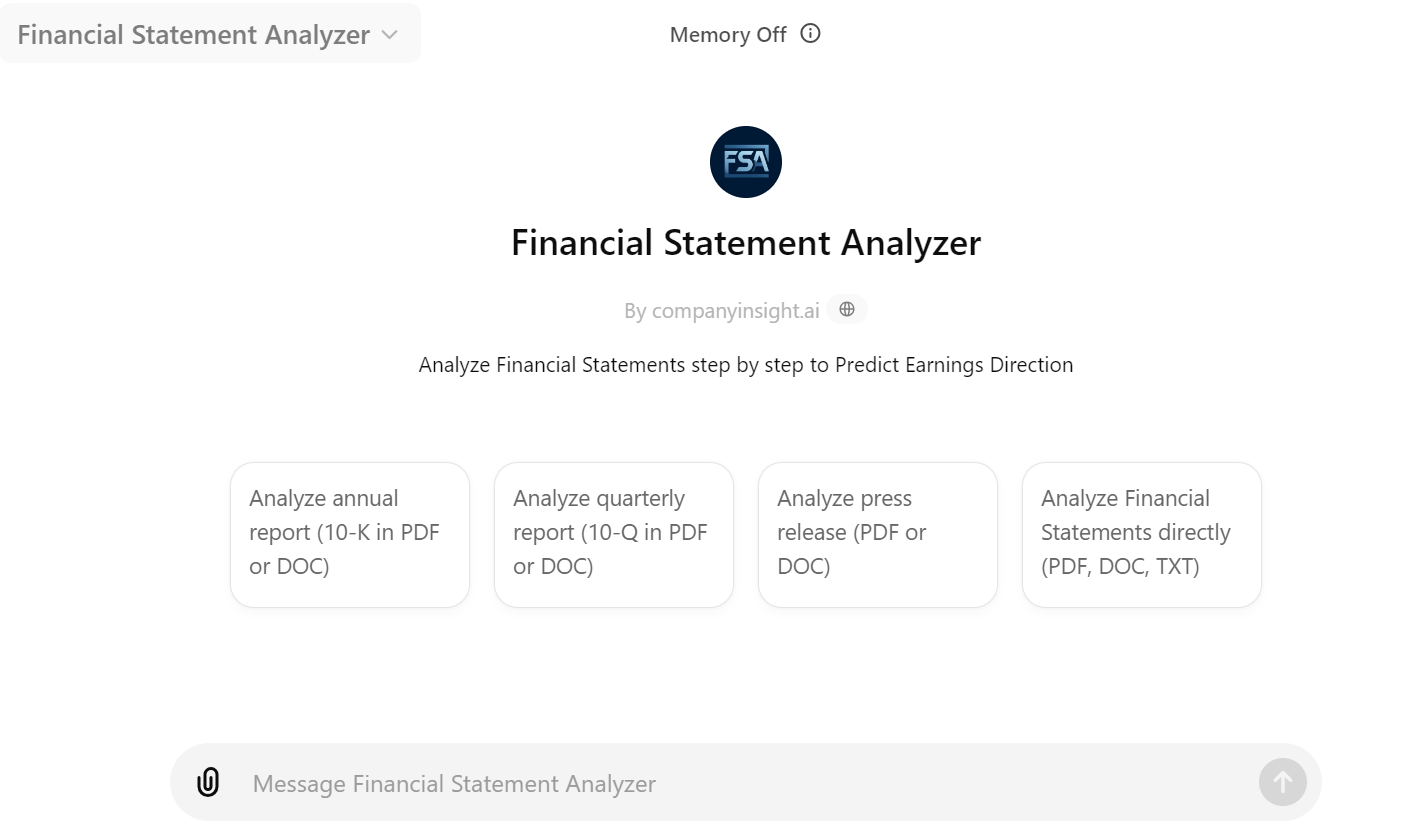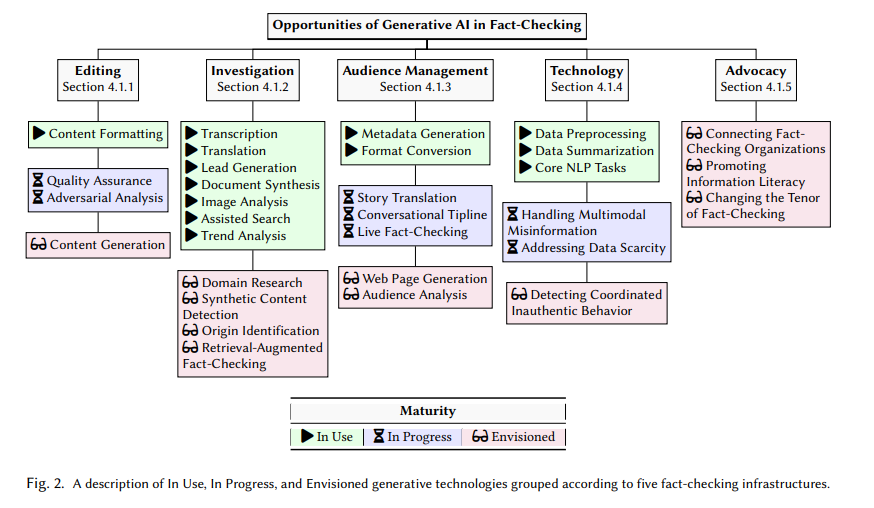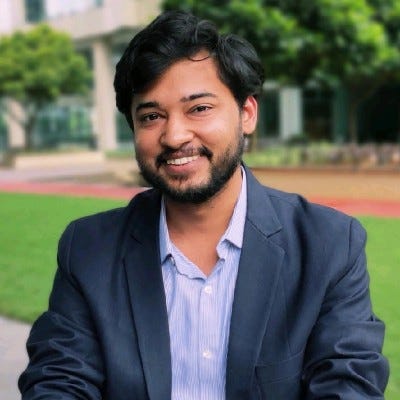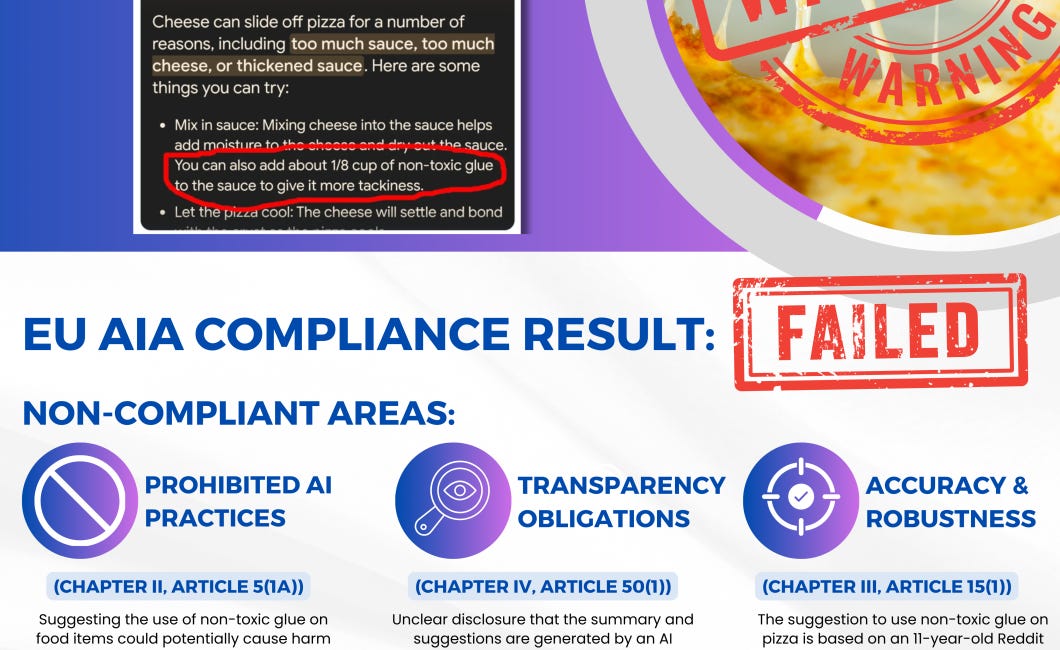Why Elon Musk said: “Probably none of us will have a job”
++xAI Secures 6 Billion, ChatGPT Fails to Meet Standards, Welcome YOLOv10..
Welcome Back, Generative AI Enthusiasts!
Today's highlights:
P.S. It takes just 5 minutes a day to stay ahead of the fast-evolving generative AI curve. Ditch BORING long-form newsletters and consume the news through a 5-minute FUN & ENGAGING short-form TRENDING podcasts while multitasking. Join our fastest growing community of 25,000 researchers and become Gen AI-ready TODAY...
Watch Time: 6 mins (Link Below)
🚀 AI Breakthroughs
1. Elon Musk's xAI Secures $6 Billion in Series B Investment to Fuel Growth and Innovation
In a Series B funding round, $6 billion has been raised by xAI, an artificial intelligence startup founded by Elon Musk. Backed by Andreessen Horowitz, Sequoia Capital, and other investors, the funds are earmarked for launching xAI's first commercial products, the construction of advanced infrastructure, and the acceleration of research and development activities for upcoming technologies, according to the company.
Key Points:
Elon Musk's xAI secures $6 billion in a Series B funding round.
Planned utilization of funds: product launches, infrastructure development, and accelerated R&D.
Key investors include Andreessen Horowitz, Sequoia Capital, and Prince Alwaleed Bin Talal.
Read more: Moneycontrol
2. Meta and Google Offer Millions for Hollywood AI Video Licensing Deals
It has been reported by Bloomberg that tens of millions of dollars have been offered to Hollywood studios by Meta and Google, in a bid to strike licensing deals aimed at enhancing their AI-generated video capabilities. While Netflix and Disney are not willing to license their content, interest in different types of collaboration has been expressed, and a willingness to license some programs has reportedly been indicated by Warner Brothers Discovery.
Key Points:
Meta and Google offer millions to license Hollywood content for AI video tools.
Netflix and Disney resist content licensing but open to alternate collaborations.
Concerns in Hollywood over AI use of creative work, highlighted by Scarlett Johansson's complaint.
Read more: Yahoo News
⚖️ AI Ethics:
3. Elon Musk Discusses AI's Impact on Jobs and Political Correctness at VivaTech
At VivaTech on Friday, it was suggested by Elon Musk that the future may see a radical overhaul due to artificial intelligence, potentially leading to the obsolescence of traditional job roles. Emphasis was also placed on the potential of Neuralink to assist individuals with brain injuries. Concerns were acknowledged about AI's impact on employment, with Musk proposing a future where jobs might become "optional," resembling hobbies more than economic necessities.
Key Points:
Elon Musk predicts AI could eliminate the necessity for jobs, making work optional.
Musk criticizes AI training methods for focusing on political correctness, which he deems dangerous.
Despite job concerns, Musk promotes Neuralink’s potential to aid brain injury recovery.
Read more: Business Today
4. EU Data Protection Board Reports ChatGPT Fails to Meet Data Accuracy Standards
Concerns have been raised by Europe's national privacy watchdogs, united under a task force, regarding ChatGPT's compliance with EU data accuracy standards. It was reported that the measures taken by OpenAI to enhance the factual accuracy of ChatGPT's outputs are deemed insufficient. This potential non-compliance with the transparency principle was highlighted in a recent task force report.
Key Points:
EU task force finds ChatGPT not fully compliant with data accuracy standards.
OpenAI's measures insufficient under EU rules, despite efforts to enhance transparency.
Ongoing investigations in EU states, with no full results available yet.
Read more: TBS News
5. College Student Suspended for AI Tool Sues for Reinstatement and Record Clearance
A $10,000 first-place prize had been won by Benjamin Craver at a university startup competition, using the AI tool he helped create. Six months later, a suspension was issued to him and his co-founder by Emory University for the same tool. Accusations have been leveled against them by the institution, suggesting the AI could facilitate cheating by spreading class material. A lawsuit has been filed against Emory by Craver, aiming to overturn the suspension and clear his record.
Key Points:
Benjamin Craver, student at Emory University, wins $10,000 with AI tool Eightball.
Suspended six months later for academic misconduct concerns related to Eightball.
Craver files lawsuit against Emory to reverse suspension and clear his record.
Read more: MSN News
🎓AI Academia:
6. YOLOv10: Real-Time End-to-End Object Detection
It has been announced by researchers that a breakthrough in real-time end-to-end object detection has been achieved with the release of YOLOv10. Notable advancements are claimed in both the reduction of computational redundancy and enhancement of detection capability without the need for traditional non-maximum suppression.
Key Points:
YOLOv10 introduces NMS-free training for reduced inference latency and enhanced performance.
Features a new efficiency-accuracy driven model design for improved computational efficiency.
Demonstrates superior performance with significant reductions in latency and parameter count compared to predecessors.
Read more: arXiv
7. Semantica: An Adaptable Image-Conditioned Diffusion Model
It has been reported that 'Semantica', an adaptable image-conditioned diffusion model, has been explored for adapting image generative models to various datasets without the need for fine-tuning. Introduced as a model capable of generating images by understanding the semantics of a conditioning image, 'Semantica' uses image pairs from the same web page for training, which helps ensure that generated images retain semantic similarity.
Key Points:
Semantica adapts to new datasets without finetuning, using images for in-context learning.
It utilizes a pre-trained encoder and diffusion model to preserve semantic information.
Training involves image pairs from web pages, enhancing semantic relevance in output.
Read more: arXiv
8. Exploring Large Language Models' Superiority in Financial Statement Analysis Over Traditional Analysts
It has been demonstrated by researchers that Large Language Models (LLMs), like GPT-4, can perform financial statement analysis effectively, often surpassing professional analysts in predicting future earnings without requiring narrative or industry-specific data. The findings reveal that such models not only match but sometimes outperform narrowly trained machine learning models in accuracy.
Key Points:
LLMs outperform financial analysts in predicting future earnings without industry-specific info.
GPT-based financial analysis suggests potential for LLMs in broader decision-making roles.
Novel LLM approach aids fundamental analysis, challenging traditional models and adding value.
Read more: SSRN
9. The Impact and Opportunities of Generative AI in Fact-Checking
A transformation in fact-checking through generative AI has been investigated, with a survey revealing that fact-checking organizations see both opportunities and challenges in leveraging the technology. Enhancements in Editing, Investigation, and Advocacy through AI integration have been identified, yet the adoption confronts technical limitations and a lack of transparency.
Key Points:
Generative AI transforms fact-checking with varied applications like Editing, Investigation, Advocacy.
Fact-checkers express challenges using AI, citing technological and organizational barriers.
Proposes verification-focused AI design, enhancing content veracity assessments.
Read more: arXiv
About me: I’m Saahil Gupta, an electrical engineer turned data scientist turned prompt engineer. I’m on a mission to democratize generative AI through ABCP—world’s first Gen AI-only news channel.
We curate this AI newsletter daily for free. Your support keeps us motivated. If you find it valuable, please do subscribe & share it with your friends using the links below!





